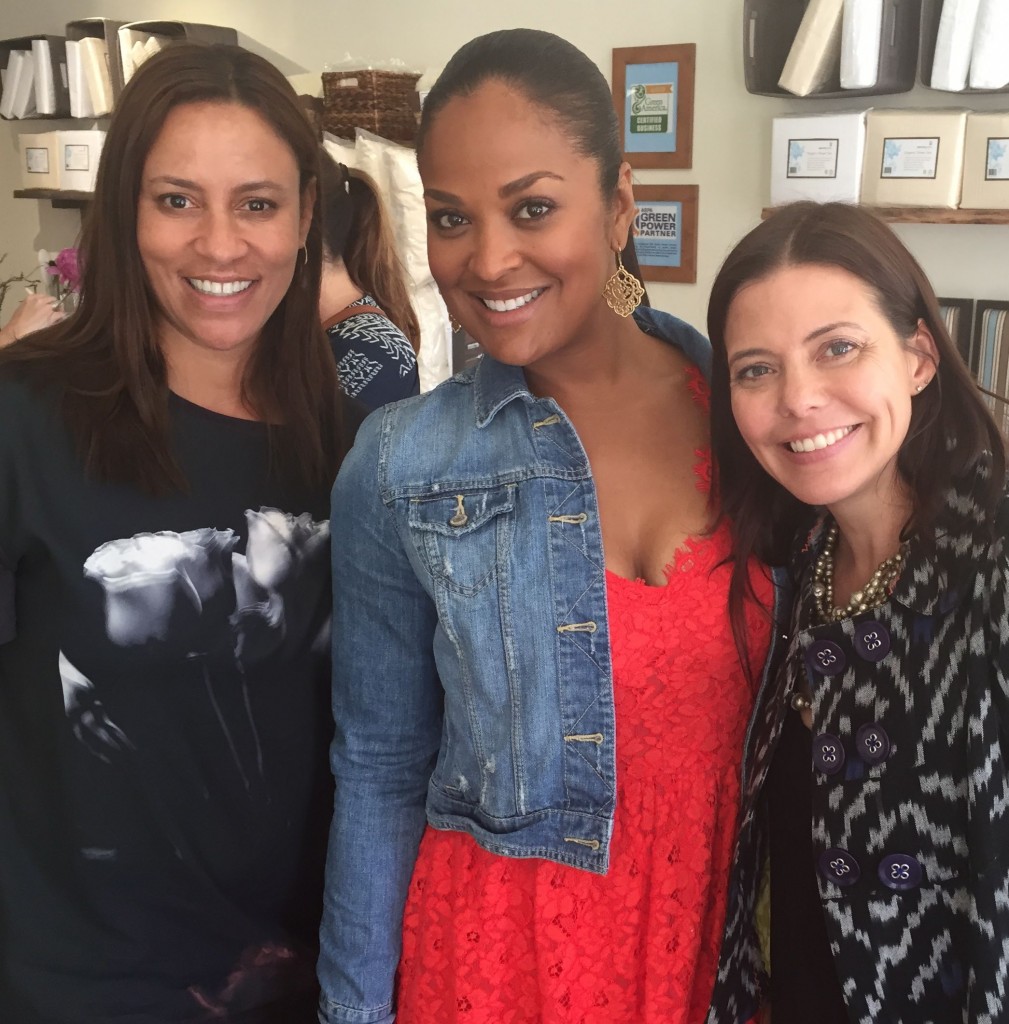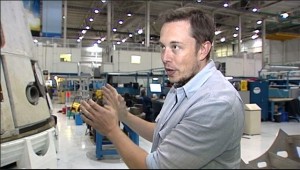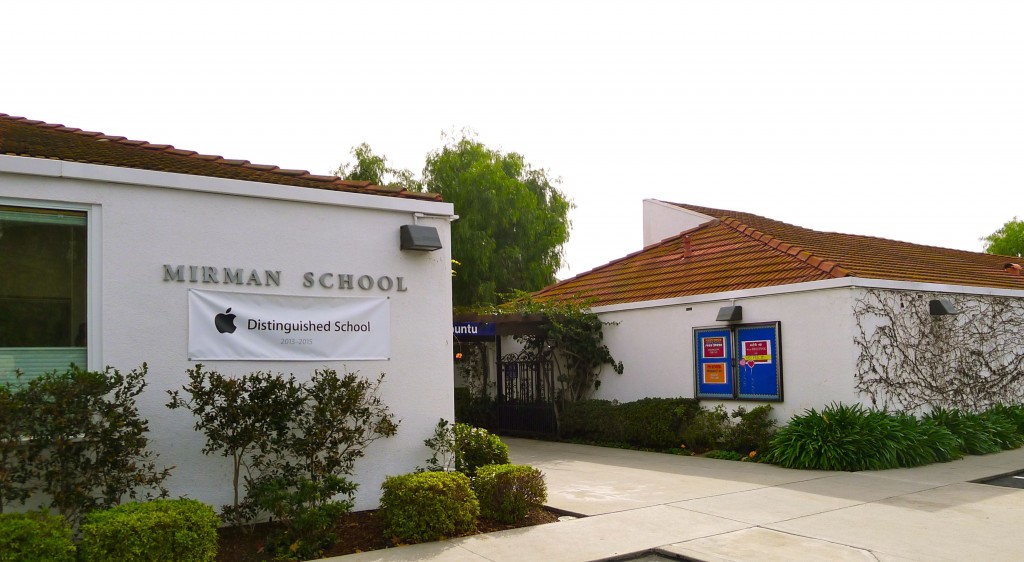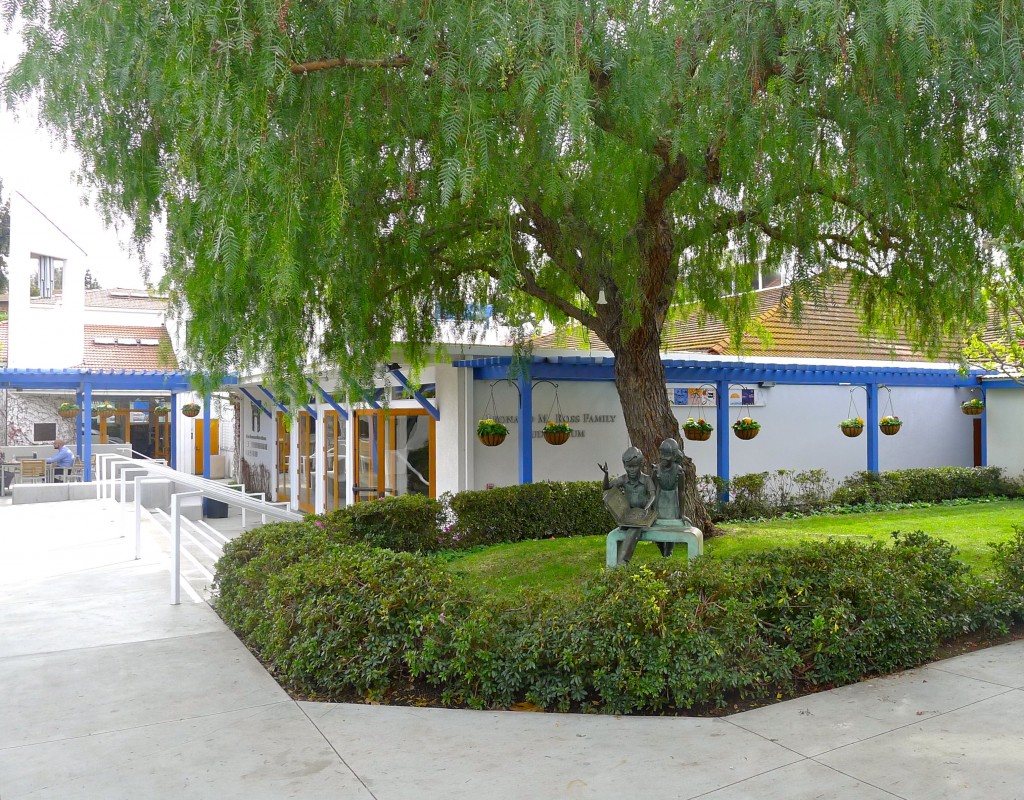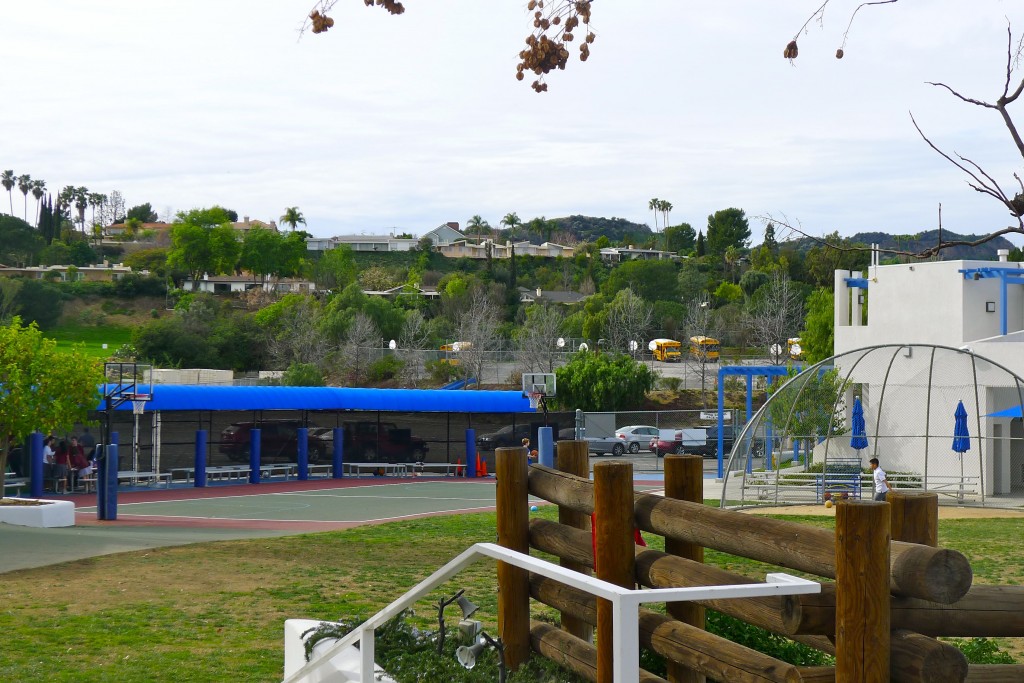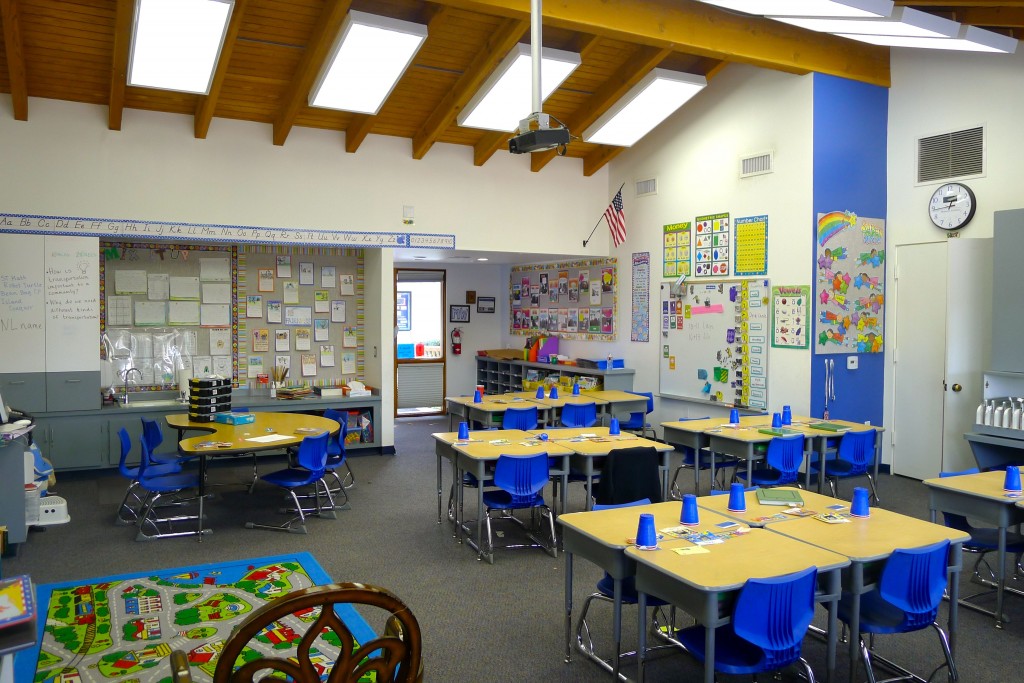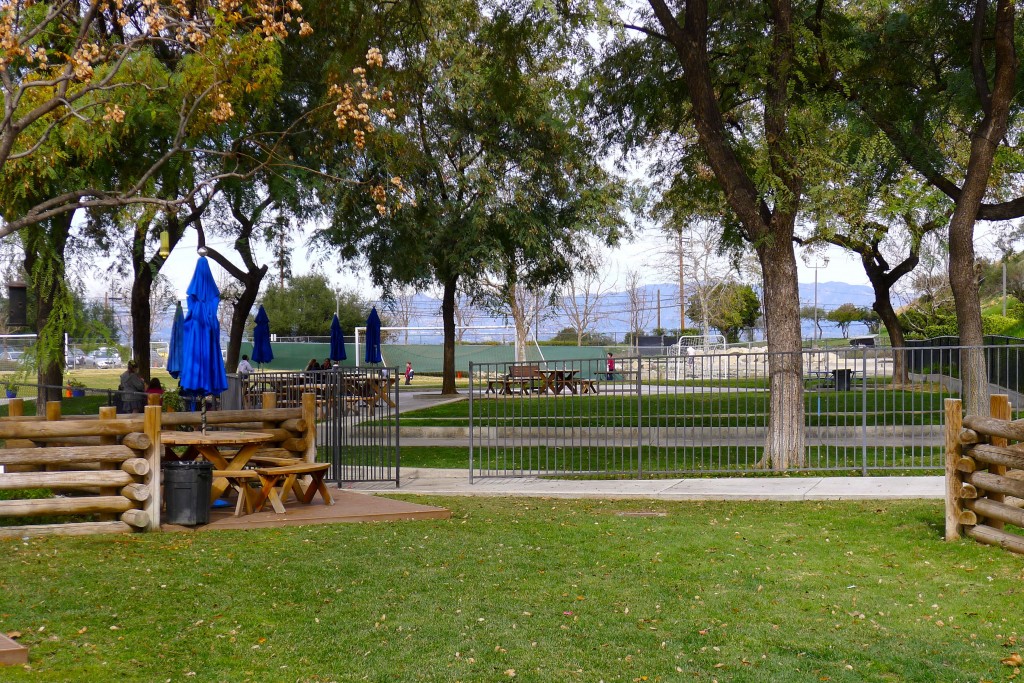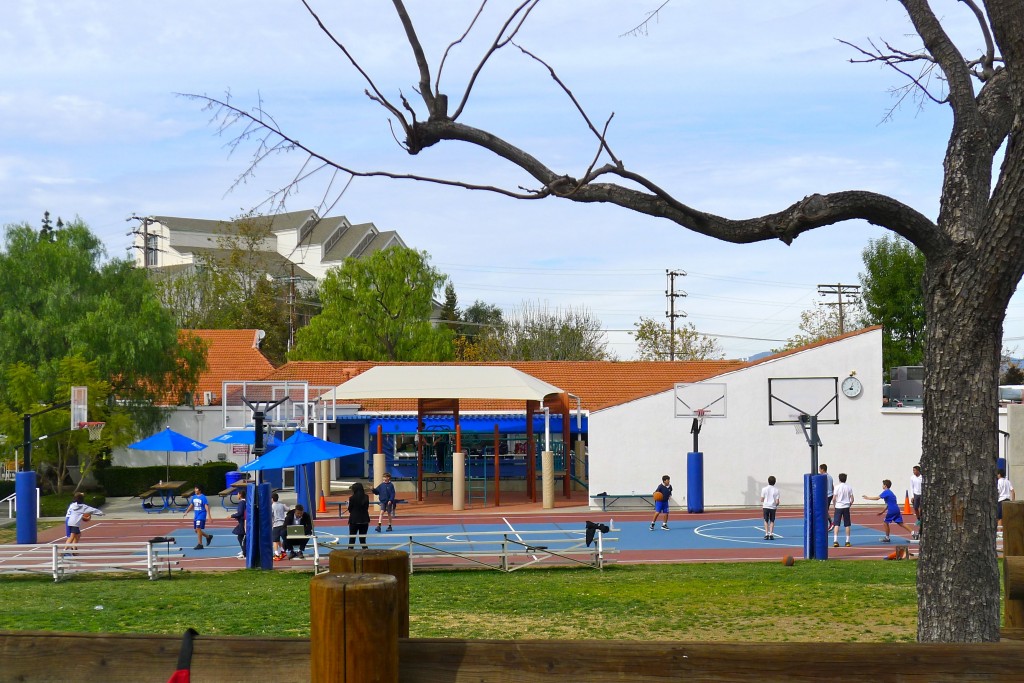I consider myself occasionally sane when it comes to parenting. I don’t wildly over book my kids, or expect them to be proficient in coding by third grade, nor do I ask them to study Chinese on the weekends, so I don’t think of myself as someone prone to resume padding, but I’ve done it. The reality is that middle and high school applications give you large spaces in which they expect you to write down your child’s extracurricular activities and awards. It’s a painful process if you’ve got nothing, so even the best of us have turned walking the dog into “community service.”
There are a lot of blank spaces on those applications to fill in and if your child doesn’t play an instrument, hates sports and hasn’t saved the needy lately, you may have a problem that a last minute visit to a homeless shelter and a day in computer camp won’t fix it. My older children had enough real things to muddle through. So far my son has baseball. If you know you plan to send your kid to private school, then you need to think about this earlier than you might like to, not in order to do resume building, but to genuinely help your child start to identify his or her interests.
I sat down with an admissions veteran who has 25 years of experience at at prestigious private schools (in L.A. and other cities) to ask about the importance of extracurriculars.–Alice
Alice: Thank you for taking the time to educate us on what admissions directors like yourself think about the importance of an applicant’s extracurricular activities.
Admissions Director: If the child is an academic match for the school but you have five spaces and fifty students who would be academically great… That’s when you start looking at the extracurriculars… at who is the violinist and whose the swimmer.
Alice: How much detail are you looking for?
Admissions Director : I would not go into great detail on an application about each specific kind of activity. Use bullet points and be brief. The thicker the file, the more questions I will ask. Why do you need this resume and two DVDs that show a choir performance? When you supplement, make it really relevant. Frankly I don’t have time to watch the whole thing (choir performance) anyway.
Alice: What do you think when you see few or no outside interests?
Admissions Director: That depends on the child’s age. A student who is younger might not really know what their passions or interests are yet and that’s okay. You wouldn’t expect a middle school child to have already identified all their interests.
Alice: Is there a good number?
Admissions Director: There or four… That might show they have already developed a few interests, things that speak to them already.
Alice: How do you separate a kid’s real interests from the parent’s resume padding?
Admissions Director: In an interview you can tell what a child is truly passionate about or truly loves. If you ask about Chinese and their eyes glaze over, that might not be their true interest. Then you talk soccer, and they get excited, our team did this and that. When they have details and are excited to talk about it, you know it’s real. Especially as you’re going into seventh or ninth grade… they are much more communicative than third graders are.
Alice: Is all lost for the kid with nothing on the resume?
Admissions Director: Not necessarily. Sometimes you meet a kid with no big identifiable interests and think that maybe the school can be the spark that ignites that kid who hasn’t found him/herself yet. But that depends on everything else in the file. If every teacher says great student. and a pleasure to teach, then that’s still interesting. Resumes are tie- breakers in a way. First you look at the student academically and whether he/she will be a good fit for the school, then the resume is the gravy.
Alice: Are you focused on class building?
Admissions Director: When I put classes together, I read all the folders first and focus on getting to know the individual child and family. But, there is a time after you’ve somewhat put the class together, that you think, “What am I covering here?” Do we have diversity, the artists, the sports kids? You want to make sure you have a mixture and a rich environment for other students.
Alice: Thank you for your time!
This is just what I suspected. The reality is that schools like Harvard-Westlake, Viewpoint, Brentwood, etc. are all trying to build classes. For them that means they need a wide variety of kids with different interests. They’ve hired a drama teacher and someone to teach Chinese so they need to look for kids who will audition for plays and study language. And they need to field their teams. The admission director can no more accept a hundred kids who want to play football than they can take thirty kids who play the piano. They have to have tennis players, soccer and field hockey players and the whole rest of the orchestra.
It’s like the old Kennedy quote… ask not… what the school can do for your kid, but what your kid will do for the school.
Mother of three, Alice attended east coast private schools as a child and has been in the private school world as a parent for nearly twenty years. Her kids attended Mirman for elementary, then Harvard-Westlake and Brentwood for high school, with one still to go. She is a writer working in film, TV and for various magazines such as Family Fun, Wondertime, Glamour and Brides.
Don’t miss a thing! Like Beyond The Brochure on Facebook for events, articles, blog posts and more!



